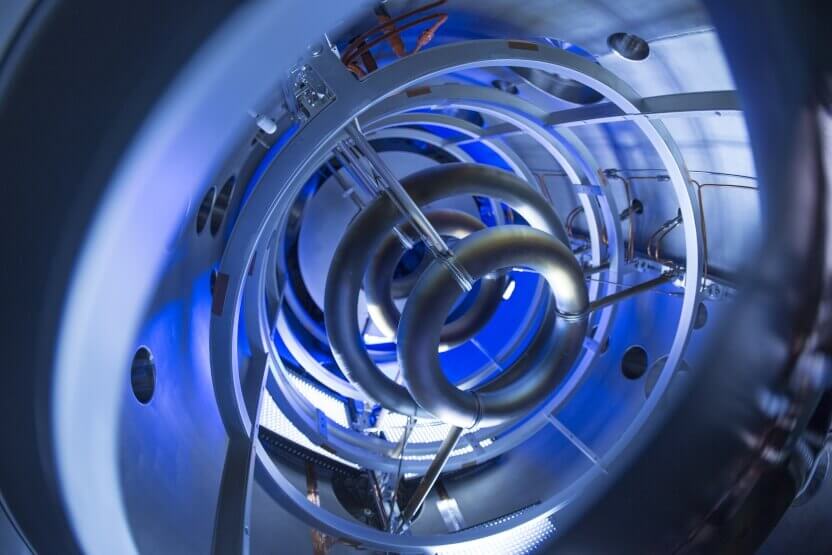The University of Adelaide, in partnership with Defence Science Technology Group, has kicked off a program of advanced quantum mechanics research as part of the Institute for Photonics and Advanced Sensing.
To continue reading the rest of this article, please log in.
Create free account to get unlimited news articles and more!
The Department of Defence, through its Next Generation Technologies Fund, has selected 11 projects that exploit the extraordinary properties of quantum mechanics to deliver improved security for Australians.
The Institute for Photonics and Advanced Sensing (IPAS) at the University of Adelaide is involved in four of these ambitious projects. IPAS will work closely with the Defence Science and Technology (DST) Group on four ambitious quantum technology projects, three of the four projects focus on quantum detection.
One project explores whether ‘quantum’ radar can be used to detect stealth aircraft. Detecting ‘exquisitely-small’ magnetic fields will be the focus of two other projects: these could be used to track submarines or detect hidden metal objects through a wall. The first of these magnetic sensors makes use of lasers to monitor the response of individual atoms to that magnetic field.
Tiny diamonds will be used to detect weak magnetic fields in another project in which IPAS will work alongside the Universities of Melbourne and South Australia, and RMIT.
These approaches offer an improvement in sensitivity over current magnetic detection technologies, with potential spin-offs into geophysical exploration.
Parallel to these projects, IPAS will develop a portable clock that will harness billions of cold atoms to provide ultra-precise timing: however, this clock will “tick” 500 trillion times per second. Working with scientists at Griffith, Curtin, La Trobe and Queensland universities, this will be the new state-of-the-art in clocks.
High-performance clocks are used in synchronising communications and computing facilities and are at the heart of the GPS navigation systems that are used in cars and smart-phones. If you improve clocks, then all technologies on which our society depends can also improve.
IPAS is built on a strong ongoing partnership with DSTG and its support of numerous research projects and positions.

 Login
Login







